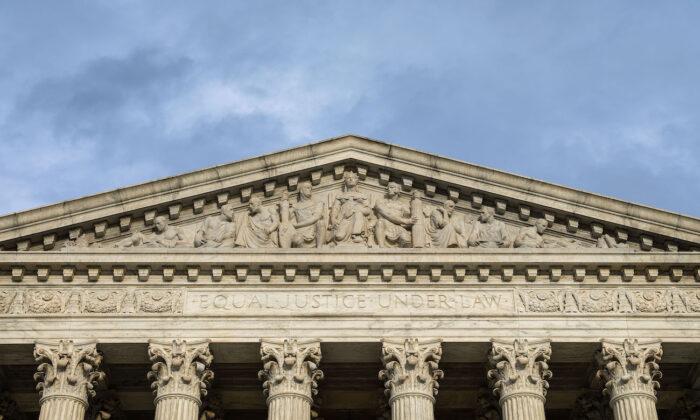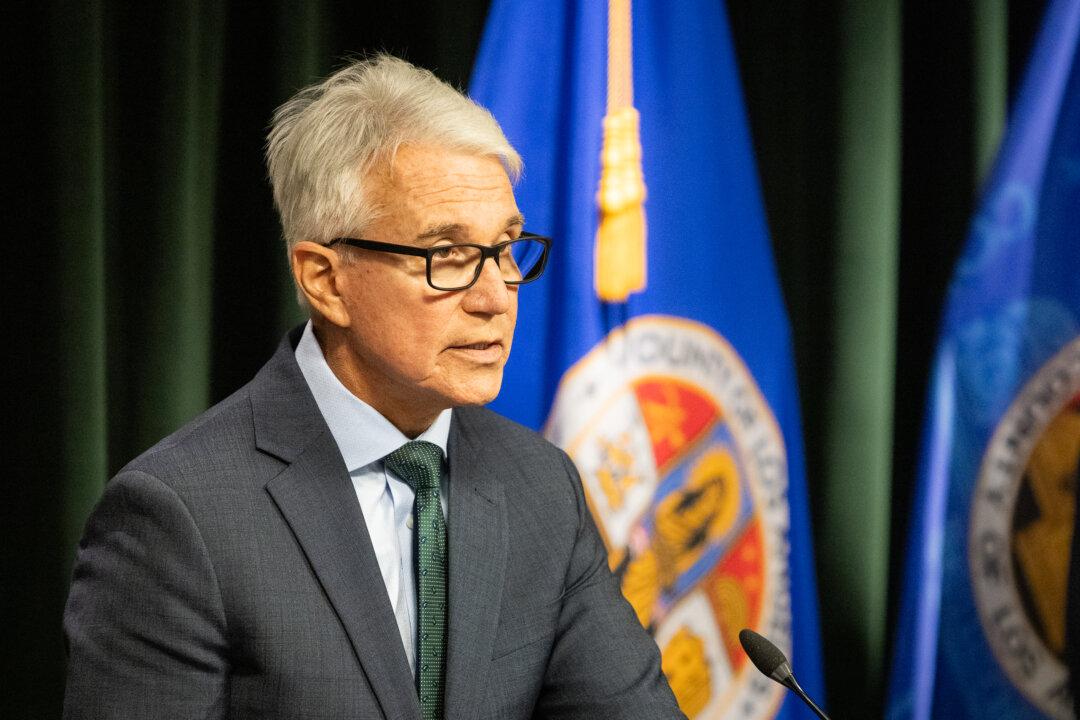The U.S. Supreme Court agreed Thursday to hear five cases, including a dispute over flying a Christian flag in Boston.
Boston resident Hal Shurtleff and his Christian group, Camp Constitution, asked the city in 2017 to let him raise the flag on Boston City Hall flagpoles to commemorate Constitution Day, or Sept. 17. But city officials said he could not, without providing a reason for the decision. When he asked why, an official said the city “maintains a policy and practice of respectfully refraining from flying non-secular flags” at City Hall.
Shurtleff sued, alleging a First Amendment violation. A district court and an appeals court, though, sided with Boston, finding it did not violate the Constitution because it was protected government speech.
Liberty Counsel, a Christian legal group representing Shurtleff, appealed to the Supreme Court, and the case will be heard in the coming months.
“We look forward to the U.S. Supreme Court hearing Boston’s unconstitutional discrimination against Camp Constitution’s Christian viewpoint,” Mat Staver, Liberty Counsel’s founder and chairman, said in a statement.
“The city cannot deny the Christian flag because it is ‘Christian’ and allow every other flag to fly on its flagpoles. There is a crucial difference between government endorsement of religion and private speech, which government is bound to respect. Censoring religious viewpoints in a public forum where secular viewpoints are permitted is unconstitutional and this case will set national precedent,” he added.
Justices will also hear a case brought by Sen. Ted Cruz’s (R-Texas) 2018 campaign.
Plaintiffs challenged Section 304 of the Bipartisan Campaign Reform Act, which says that candidates who incur personal loans in connection with their campaigns cannot have the loans repaid by the campaigns if they are over $250,000.
Cruz’s campaign incurred two loans totaling $260,000, both of which came from Cruz. However, the rules currently in place prevent the committee from repaying $10,000 of the loans, which the senator and his lawyers say violates his First Amendment rights to freedom of speech.
An appeals court panel ruled for Cruz in July.
“We find that the loan-repayment limit burdens political speech and thus implicates the protection of the First Amendment,” Judge Naomi Rao, a Trump appointee, wrote in the ruling.
The Federal Election Commission appealed to the Supreme Court.
The Supreme Court will also hear cases concerning the First Step Act’s influence on sentencing, the fate of a painting stolen from a family by the Nazi regime in Germany, and the authority of the U.S. Tax Court.





